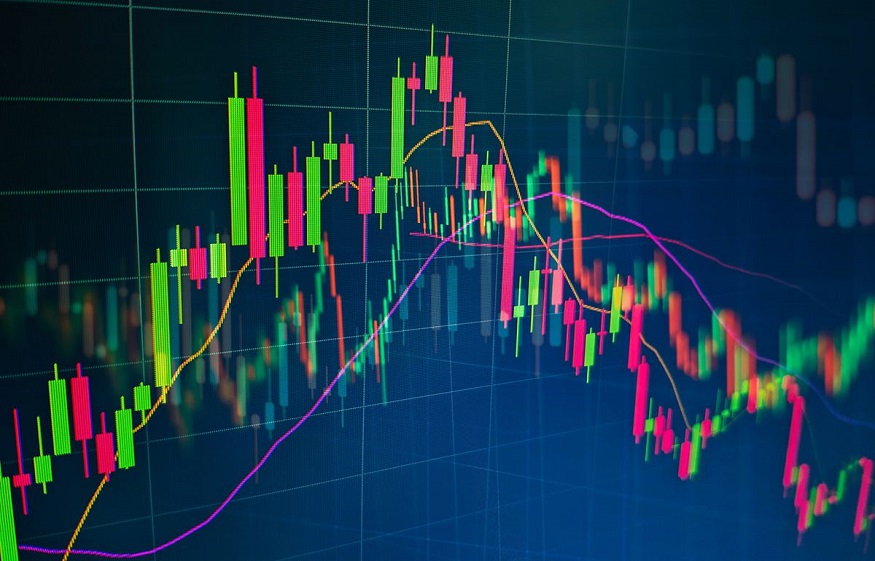What is the Impact of Inflation on Savings?

Everyone likes to be financially well-off and work tirelessly to achieve this objective. However, inflation can be a big hurdle in stabilising your finances as it silently diminishes the value of your hard-earned savings and investments.
You save and invest all through your life to generate wealth that can help you sustain your lifestyle after retirement and allow you to leave a legacy behind for your children or grandchildren. However, inflation can affect all your financial plans as it reduces the value of your wealth over time. In this article, we will understand what inflation is and its impact on your savings.
What is inflation?
The rising cost of commodities, services, and other essential items over time is collectively referred to as inflation. Inflation can increase your financial requirements in the future while putting pressure on your current finances. It can be challenging to notice the effects of inflation on your savings as it slowly but steadily reduces the value.
However, you can experience the negative impact of inflation when comparing your current expenses to what it was a few years back.
For example, consider that you require approximately Rs 20,000 each month to sustain your family’s lifestyle of three comfortably. Now, analyse how much money would you have needed ten years ago to maintain the same lifestyle.
You are likely to find out that you would have sustained your family of the same number of people at a much lesser amount ten years ago. This is because although your income might have increased over these ten years, the increase in prices effectively nullified your increased revenue.
How Inflation Erodes Your Wealth?
To understand the impact of inflation on your wealth, let us consider the following example.
Consider that you have invested ₹1 lakh for ten years in a financial instrument that assured an interest rate of 5%. Therefore, you will get around ₹1,62,000 on maturity after ten years.
Now, assume that inflation grew at an average of 6% annually during the same period. Therefore, during the same period, inflation has eroded the value of your investments to the tune of approximately ₹79,000.
Hence, although you get around ₹.1,62,000 in hand, the actual value of your investment after inflation adjustment will be around ₹83,000 (₹ 1,62,000 – ₹ 79,000), which is even less than your original investment.
The above calculations are for demonstration purposes. The actual impact can be more damaging if we consider other parameters such as rupee-price depreciation.
What’s the Solution?
Consider investing in savings plans that invest in the market-linked instruments. While the markets can be volatile in the short term, they can generate inflation-beating returns in the long run. If you are risk-averse, you can consider investing in plans with a balanced portfolio comprising both debts and equities.
Most importantly, have a positive outlook and set your investment bar high. You should invest not just to beat inflation but also to upgrade your current financial status.








